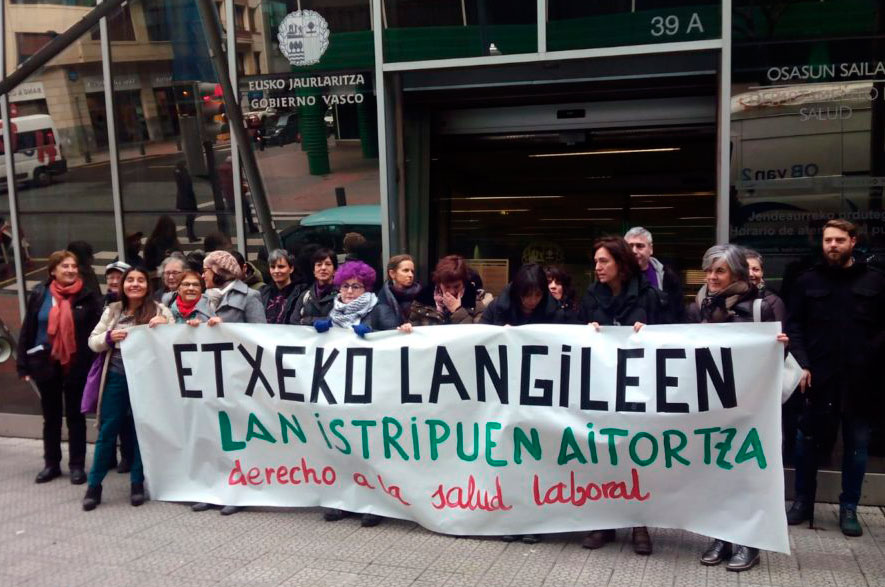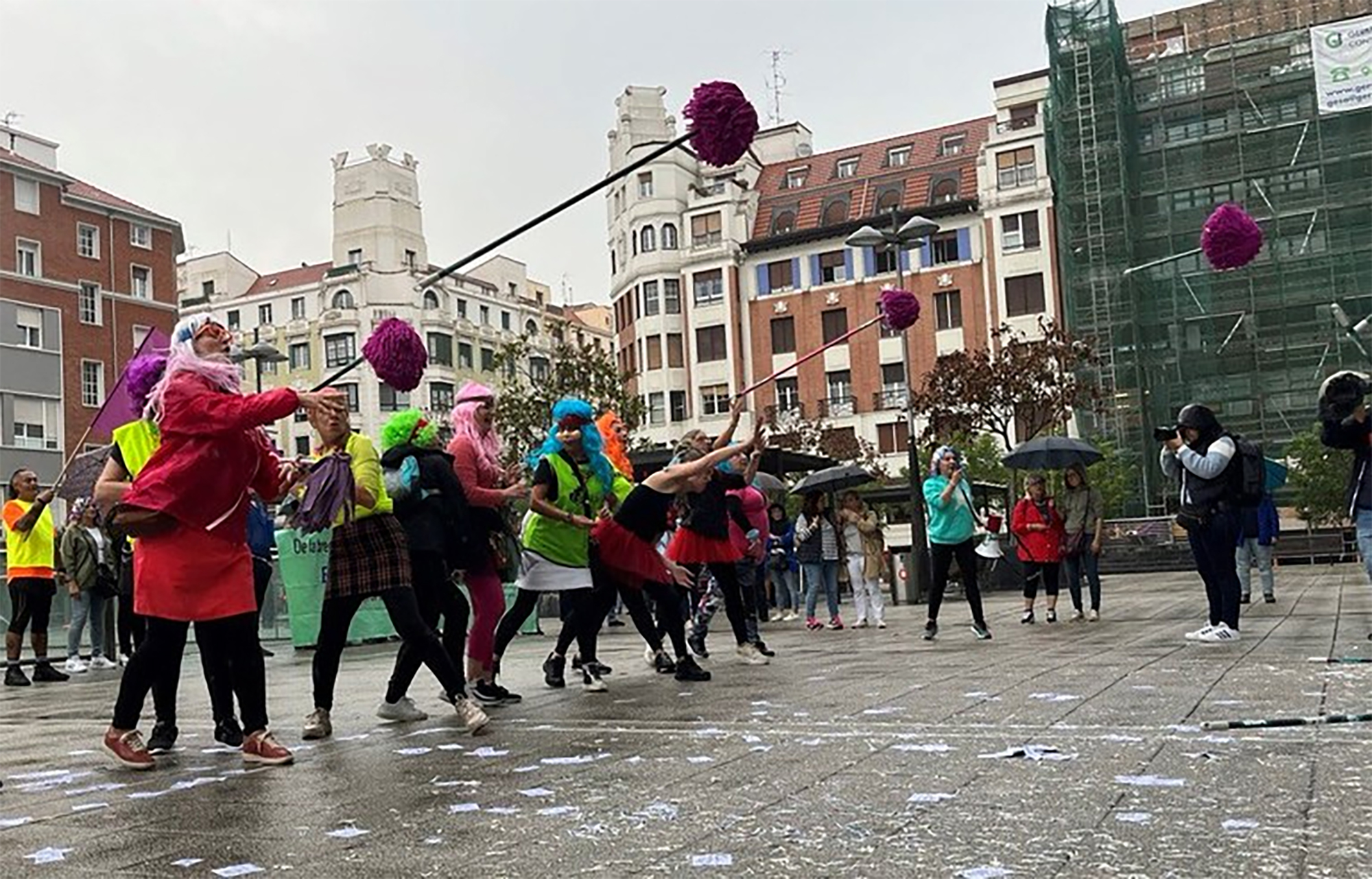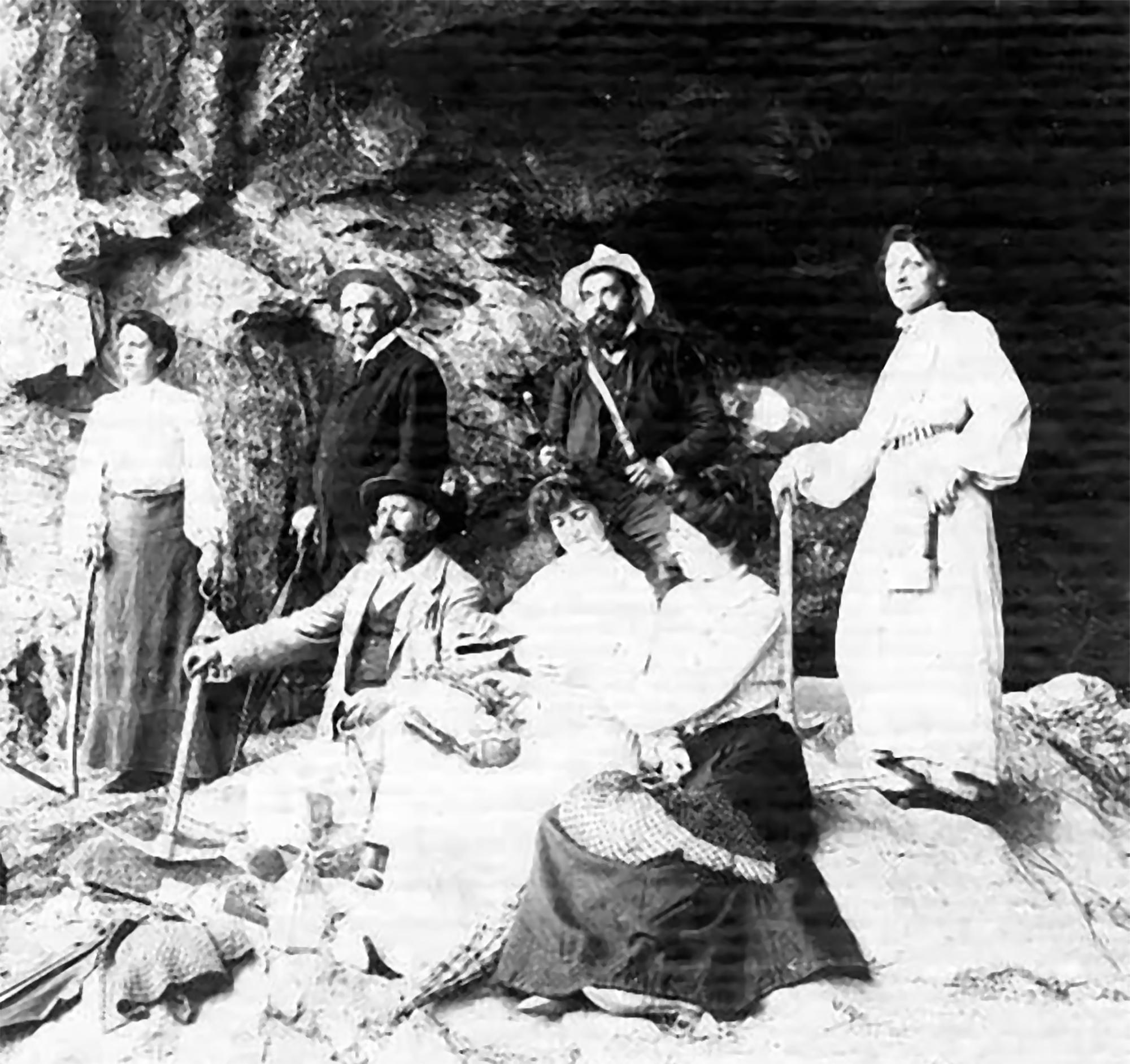90% of domestic workers in Navarre are women and almost 40% are foreign
- This has been determined by a study by the Navarro Institute for Equality (INAI). About 9,000 people work as domestic workers in Navarra and the study recommends professionalizing the sector, which is composed of about 9,000 people.

The Government of Navarra, through the Navarro Institute for Equality (INAI/NBI), according to a study, household employment in Navarra reaches almost nine thousand people, of which 6,811 were affiliated to the "Special System of Household Employees" of the Social Security in September 2020, which is 75%. The difference between the two data shows that irregularity is a feature of the sector which, although reduced in recent years as a result of regulatory changes, has not disappeared.
In general, Navarre has better data than Spain as a whole in terms of regulating the sector and guaranteeing workers' labour rights, but many improvements are still needed.
According to the study presented on June 11 at a press conference by the managing director of the INAI/NBI, Eva Istúriz, and one of its authors, Irene Lapuerta, researcher at the UPNA, almost 90% of the people who work in this sector are women and almost 40% are foreign. Most household employees of Latin American origin are foreigners in the sector, while residents from eastern Europe (especially from Romania) are less in Navarre than in Spain.
According to this study, foreign women have a different sociodemographic profile from Spanish women: they are younger, have a higher level of education than Spanish women and work more frequently in domestic jobs and with greater dedication in hours.
People employed in the Spanish household are in the most irregular situation, which seems to be related to the consideration of this activity as a work that constitutes the principal salary of the family, that of man.
The main working day in the sector is by hours and accounts for 42% of domestic staff in Navarre (35% are foreigners and 61% in the Spanish State).
Foreign women work in this sector and for a single employer to a greater extent than State women, as Spanish women combine more than one job in a larger proportion.
Job segmentation by origin is also reflected in the types of tasks they undertake. In fact, 57% of the employees of the household of foreign origin are engaged in combined tasks of elderly care and housing maintenance, compared to 24% in Spain. On the contrary, the percentage of household employees who report performing work related exclusively to the maintenance of the house reaches 47% of the workers of Spanish origin and 19% of the foreigners. Likewise, the weight of the former is higher in the care of children (20% and 9%, respectively).
1958an, emakume baserritarrek Donostiako Erdialdea hartu zuten, esnea saltzea galarazi zitzaiela salatu, eta baserritarren eskubideak aldarrikatzeko. Administrazioak esnearen esklusibotasuna Gurelesa enpresari eman zion, eta baserritarrek Bretxan saltzeari utzi behar izan... [+]
Equality, like pregnancy, exists or does not exist. When there is no equality, there is a difference, that is what you can measure and value. Perhaps the consequences of equality may be unfair to some, but this would place the debate on the consequences, not at all on equality... [+]
Errenteria (Gipuzkoa), 1892. In the caves of Aizpitarte the first archaeological excavations of Gipuzkoa were carried out, at the hand of the group led by Count Lersundi. Eleven years later, in 1903, the king of Spain, Alfonso XIII, visited the site and with this excuse... [+]
I don't know if you've noticed, but lately, reactionary and conservative messages are spreading across social media. One of them is the trend of the tradwife. That word is the abbreviation of the traditional concept of wifi, that is, the traditional wife. This movement proposes to... [+]























